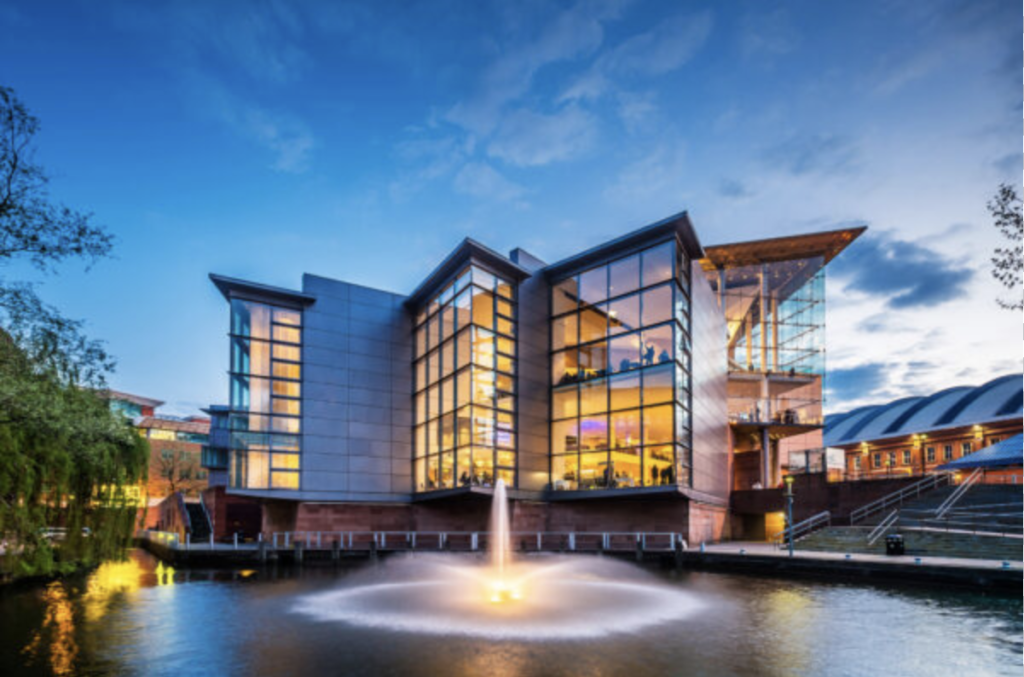Just six days after the UK government ratified the Paris climate agreement, the autumn statement failed to significantly address how economic policy and spending will address the UK’s biggest future challenge: climate change.
As Europe’s leading sustainable bank, Triodos Bank has seen growing public support and investment into the multi-billion pound green economy. Government investment into low-carbon infrastructure must be a cornerstone of any future-orientated industrial strategy that will build an economy for all generations.
The infrastructure spending plans are a missed opportunity to pivot our economy towards more sustainable alternatives. Rather than boosting old, carbon-based sectors and systems, what we really need is a strategy that looks to the future and significantly invests in green infrastructure such as sustainable transport, renewable energy and sustainable food production. If we are going to ‘future-proof’ our economy and meet our obligations to the Paris Agreement, we need to start investing in the sustainable technologies and the systems of the future.
It is unfortunate that this autumn statement continues to prop up a carbon-based economy. Of the £23bn announced for the National Productivity Investment Fund, none of it was earmarked specifically for green energy, significant public transportation development or supporting the burgeoning green tech sector. Opportunities are readily available to dramatically improve our rail system to efficiently and quickly transport people and goods around the country.
Councils need a new deal to make our cities more walkable, breathable and liveable. Our energy system needs a complete overhaul towards clean, local and renewable energy sources. Local food networks need to be revitalised if we are going to reduce our dependence on carbon-heavy distribution systems.
Investing in these ways could provide the economic boost that the UK needs while also having the added bonus of contributing to creating a viable low-carbon UK economy for the long-term.
Energy efficiency left out in the cold
While the announced investment into housing is much needed, funnelling money into cheap housing construction loans is not enough – we need a proactive strategy that addresses the high cost of purchasing, renting and heating homes in the UK. Given the failure of the Green Deal, we’re calling on the government to redefine housing spending to include boosting the energy efficiency of the UK’s housing stock.
While simplifying energy tariffs may make switching easier, it does nothing to deal with rampant fuel-poverty due to inefficient homes: the Association for the Conservation of Energy has shown that our windows are the leakiest of 11 northern European countries. Not only does this make monthly bills too expensive for the most vulnerable, buildings in the UK contribute to 17% of our carbon emissions due to fossil fuel use in heating.
Our Warmer Homes Greener Communities loan is allowing housing associations to borrow money for specifically the purpose of increasing energy efficiency and thereby reducing energy costs. We need government support for a wide-ranging investment in heating efficiency.
With 20 years of experience investing in the sustainable economy, Triodos Bank has seen low-carbon alternatives become mainstream. Last year, our operations across Europe financed enough green electricity for one million homes. Yet government policy must be leveraged if we are going to shift the basis of our economy off fossil fuels. It is only then that we will be able to transform our economy into one that safeguards our environment and is fairer to the people that depend on it.














